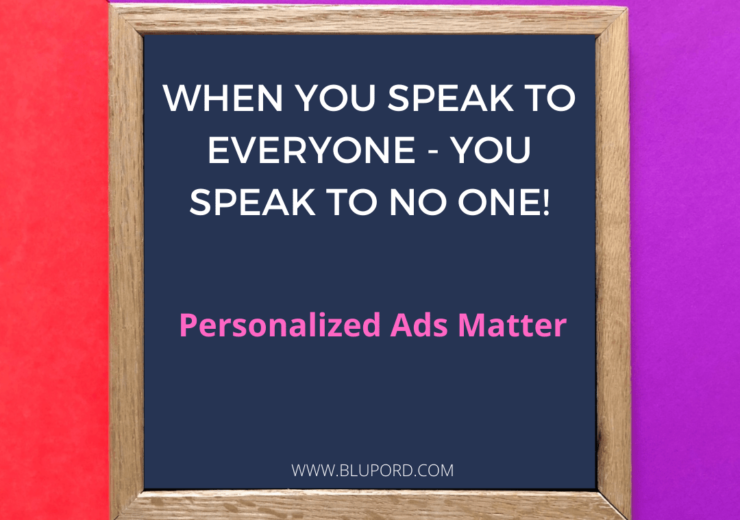What is omnichannel marketing?

The omnichannel marketing approach is easier to understand once we divide it into different segments, so let’s start. Firstly, the meaning of ‘omni’, which means combining all things together, and by adding the ‘channel’ to omnichannel, we are now referring to the concept of using all channels to create a single, unified customer experience. Omnichannel can include both online and offline channels – websites, email, physical stores, digital platforms, etc – as well as all devices from desktop to mobile and everything in between.
An omnichannel marketing strategy, on the other hand, combines the use of digital and traditional marketing channels in order to provide a consistent message and experience. The experience adapts to customers based on their journey and is consistent regardless of where the customer engages.
Omnichannel marketing requires a holistic approach to customer journeys and all the places where customers interact with your brand. When you grasp where customers engage, you will also be able to collect unified customer data and design your communication channels to work in concert – instead of in opposition – to one another.
How do ‘multichannel’ and ‘omnichannel’ marketing differ?
There is a significant difference between multichannel and omnichannel marketing in the way in which systems work together to engage customers. Even though both approaches aim to engage customers on various channels, omnichannel marketing focuses on the integrated and consistent nature of engagement across these channels while multichannel marketing is less connected and is more concerned with distribution through different channels.
Unlike multichannel marketing, where the decision of how to engage is left to the customer, omnichannel marketing ensures that the message is seamless and consistent no matter what channel they choose.
Omnichannel marketing: what are the benefits?
There are several benefits to omnichannel marketing that justify the effort and planning involved. The most important benefit is customer satisfaction. As omnichannel marketing focuses on delivering seamless information and experiences, brands deliver exceptional customer experiences – which is the deciding factor for consumers when evaluating and choosing a brand.
In addition to customer satisfaction, revenue and business success are also impacted by customer satisfaction. Increasing customer satisfaction can result in increased customer retention and loyalty, which can have a significant effect on revenue. According to some studies, a 5% increase in customer retention can lead to profit increases between 25% and 95%.
In addition to customer satisfaction, brands also gain the following benefits from omnichannel marketing:
- 360-degree customer view
Omnichannel marketing allows you to collect customer data from disparate sources, as well as unify them by combining cookie data, point of sale data, loyalty program data, and more. In this way, the creation of a full customer profile is made possible, which leads to stronger personalization efforts, better campaign design, and more, thereby contributing to high conversion rates. - Teamwork and synergy
A key component of omnichannel marketing is integration, not just from the end-user perspective, but also from the internal process perspective. As a result of omnichannel marketing, teams will need to work together to coordinate campaigns, messaging, and distribution, while also sharing customer data – thus increasing collaboration as teams aim for the same goal. - Cost-effective marketing
As a result of omnichannel marketing, we’ll be able to determine what’s working and what’s not. As a result of this data, brands can tailor strategies more effectively as they will gain a deeper understanding of what channels and methods are delivering higher ROI.
How does headless marketing enable omnichannel marketing?
Content teams and marketers can create content once and display it across all devices and channels by using a headless content management system (CMS). In order for omnichannel marketing to thrive, teams need an effective way to distribute content across channels and collect data from these interfaces to produce a 360-degree view of the customer. A headless CMS serves both those purposes and helps teams distribute content efficiently and effectively across channels while also collecting customer data.
How can omnichannel marketing benefit business?
Businesses that are trying to grab the attention of consumers in an age where customer experience is a key influencer in decision-making should have an omnichannel marketing strategy in place. As a result, it is important to ensure that you have a strategy and tools in place first to ensure that your experience executing omnichannel marketing is as seamless as the one you aim to deliver to your customers.
For assistance with your omnichannel strategy connect with Blupord team today at [email protected]





